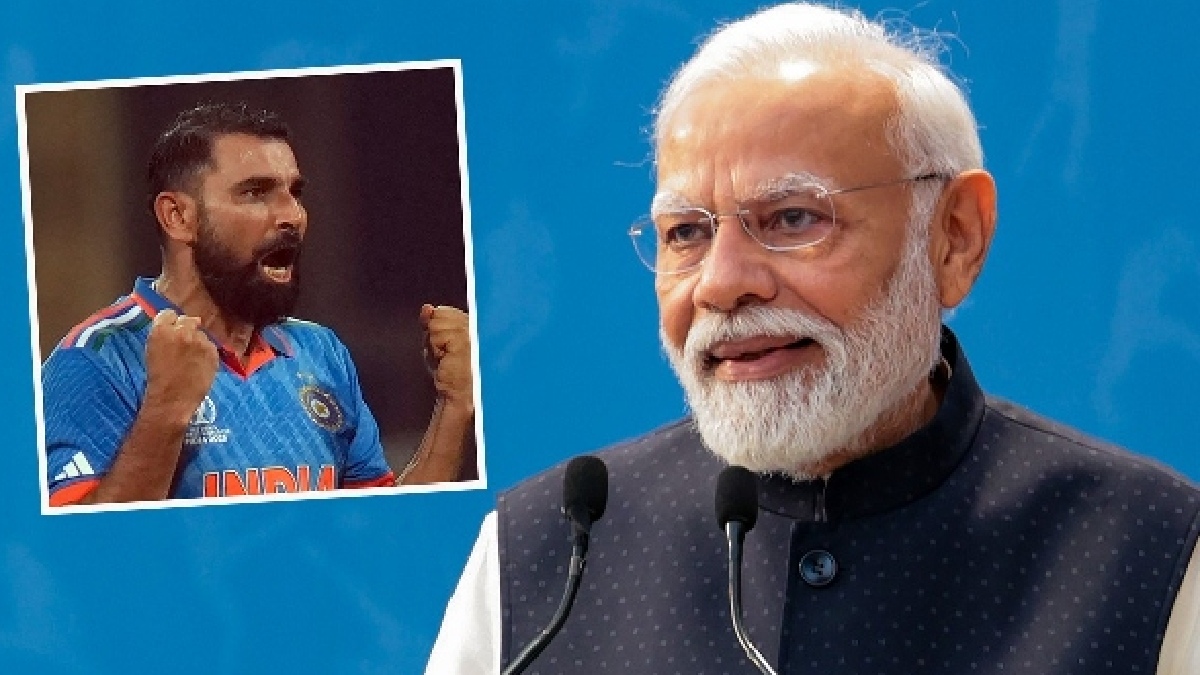US State Dept's Fact Sheet on India's Separation plan
Washington, Mar 11: The landmark US-India Civil Nuclear Cooperation deal has been hailed as necessary to promote a strategicpartnership with a dynamic, self-reliant India that is playing an increasingly significant regional and global security role.
The deal, clinched during US President George W Bush's visit to New Delhi, still requires US congressional approval, for which legislation seeking an India-specific waiver, has already been sent to Congress.
But to be considered for exemption, India's separation plan of its civilian and military reactors acquires importance. The US State Department has put out a Fact Sheet on the separation plan as agreed to by India.
Under India's civil military separation plan, which forms part of the US-India civil nuclear cooperation initiative, India has agreed to:
*Place
a
majority
of
its
existing
power
reactors
and
those
under
construction
(14
of
22)
under
IAEA
safeguards,
and
to
place
other
associated
upstream
and
downstream
facilities
that
support
those
reactors
under
safeguards;
*
Place
all
future
civilian
thermal
power
and
civilian
breeder
reactors
under
safeguards;
*
Negotiate
a
safeguards
agreement
that
would
place
all
Indian
civilian
nuclear
facilities
under
safeguards
in
perpetuity;
*
Permanently
shut
down
the
CIRUS
reactor
in
2010,
shift
the
fuel
core
of
the
Apsara
reactor
purchased
from
France
outside
the
Bhabha
Atomic
Research
Center
and
place
it
under
safeguards
in
2010;
and
*
Identify
and
declare
nine
other
research
facilities
as
civilian.
In
addition,
under
the
initiative,
India
has
pledged
to:
*
Negotiate
and
sign
an
Additional
Protocol
with
the
IAEA;
*
Implement
through
appropriate
rules
and
regulations
India's
recent
passage
of
the
Weapons
of
Mass
Destruction
Act
of
May
2005,
creating
a
robust
national
export
control
system;
*
Refrain
from
transfers
of
enrichment
and
reprocessing
technologies
to
states
that
do
not
already
possess
them
and
support
efforts
to
limit
their
spread;
*
Work
with
the
US
to
conclude
a
multilateral
Fissile
Material
Cutoff
Treaty;
*
Continue
its
unilateral
moratorium
on
nuclear
testing
and
adhere
to
the
Missile
Technology
Control
Regime
(MTCR)
and
the
Nuclear
Suppliers
Group
(NSG)
guidelines.
The Fact Sheet said this agreement has several specific and important benefits. First, it deepens the US-Indo strategic relationship, whose broadening scope will help ensure stability, prosperity and peace in Asia and worldwide. Second, the initiative will open significant business opportunities for American firms, as they will increasingly help meet India's demand for civilian nuclear technology, fuel and support services. This will translate into new jobs, incomes and markets for the US.
Third, it will help meet India's surging energy requirements in an environment-friendly manner. The initiative enables India to rely increasingly on nuclear technology which is ''clean'' in comparison to other technologies, and will decrease India's dependence on foreign oil and gas imports, such as those from Iran.
Finally, this initiative brings India into the global nuclear nonproliferation mainstream. For the first time, India has committed to take the significant steps described above that will end its 30-year isolation from the global regime and will increase the transparency of its civilian nuclear program, improve the safety and the effectiveness of that program, and provide oversight--again for the first time--over a large majority of Indian civilian nuclear reactors and the associated upstream and downstream facilities that support these reactors.
For its part, the United States is committed to working with the US Congress to amend relevant domestic law to allow full peaceful nuclear cooperation with India, and to seeking agreement within the Nuclear Suppliers Group to accommodate this cooperation.
The US will also negotiate a bilateral agreement on peaceful nuclear cooperation with India and seek to assure the reliable supply of nuclear fuel to India through multiple avenues and instruments.
This initiative represents the culmination of many months of diplomacy on both sides and symbolises the broader meaning of the President's visit to India, which is the creation of a new strategic partnership.
It also confirms US' confidence in India as a global partner and reflects our appreciation for India's excellent nuclear nonproliferation record, its democratic traditions, and its commitment to tolerance and freedom.
UNI
Related
Story
Bid
for
India-specific
waiver
in
US
Atomic
Energy
Act
US
Congressman
supports
Bush's
initiative
on
India


 Click it and Unblock the Notifications
Click it and Unblock the Notifications




